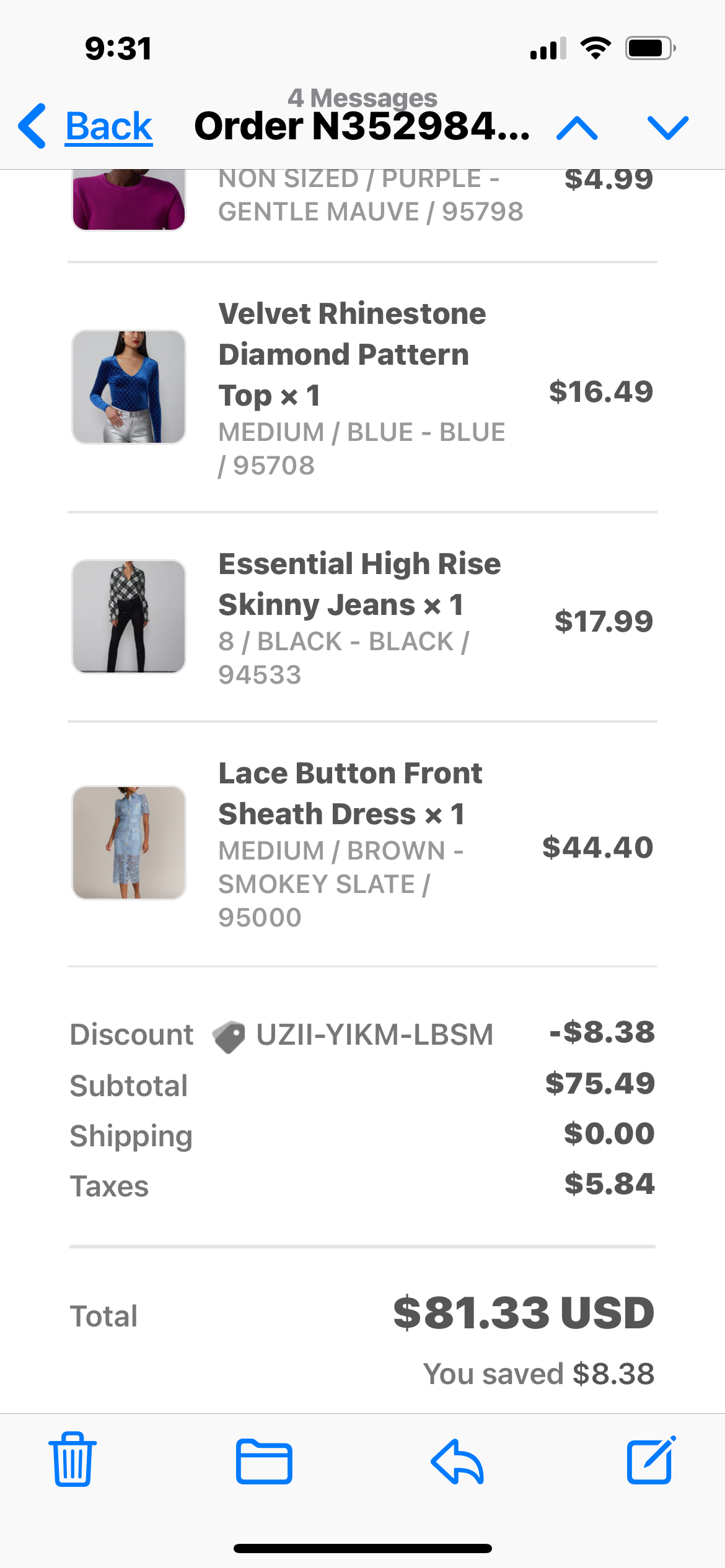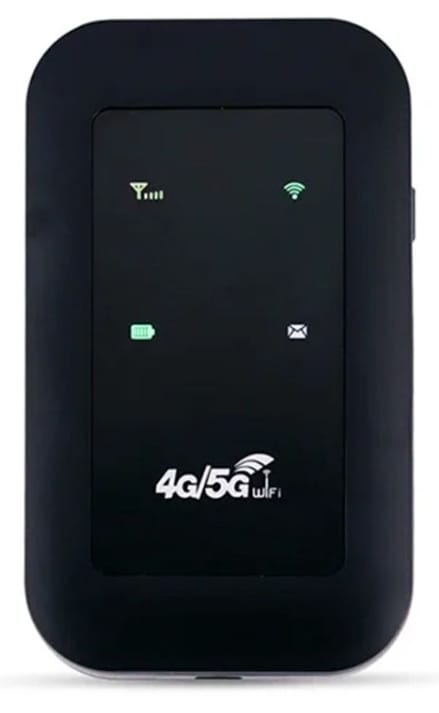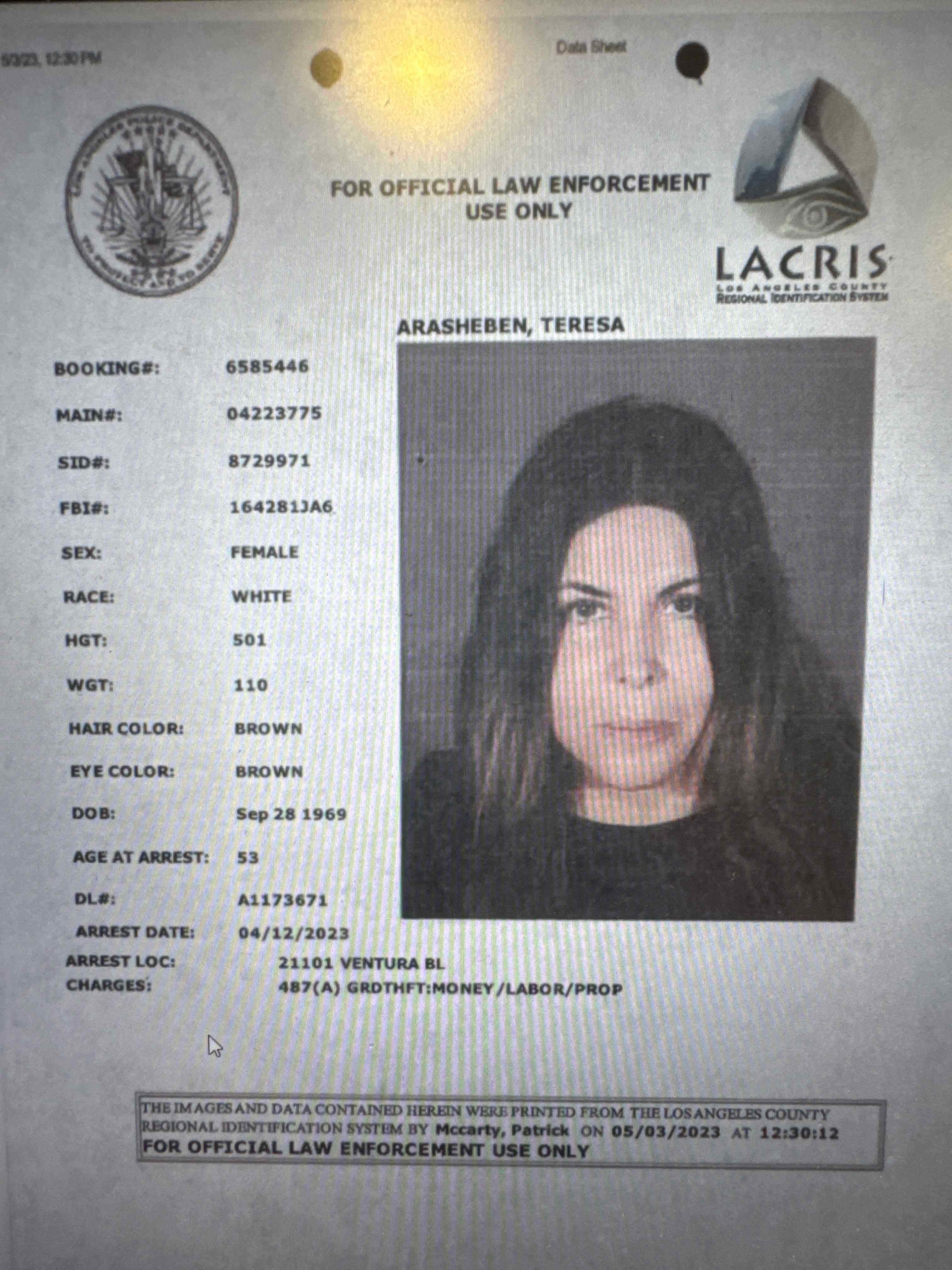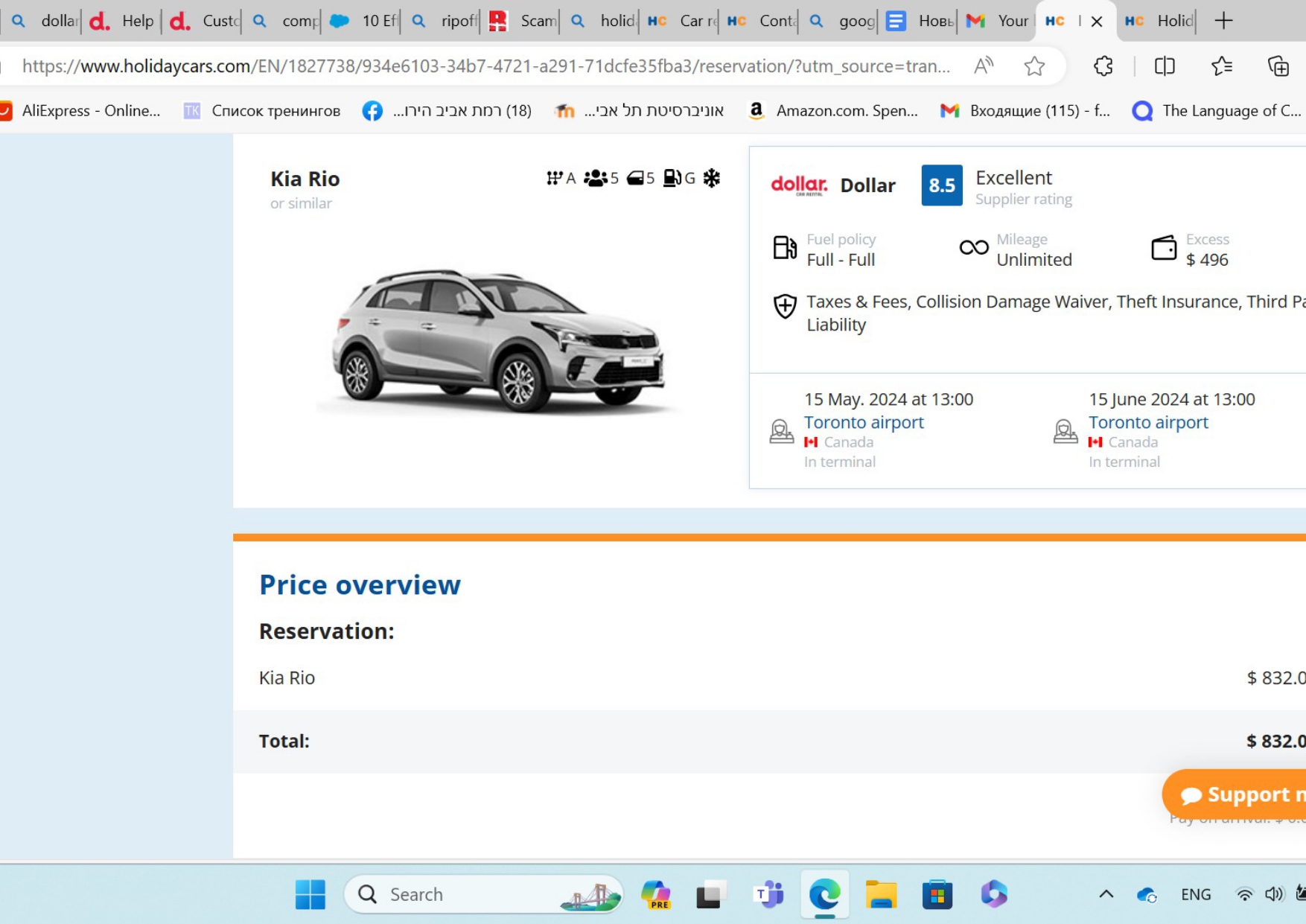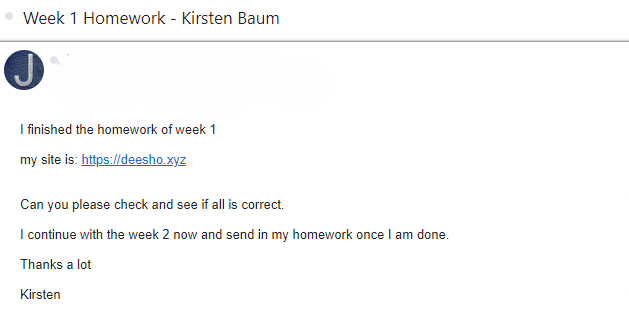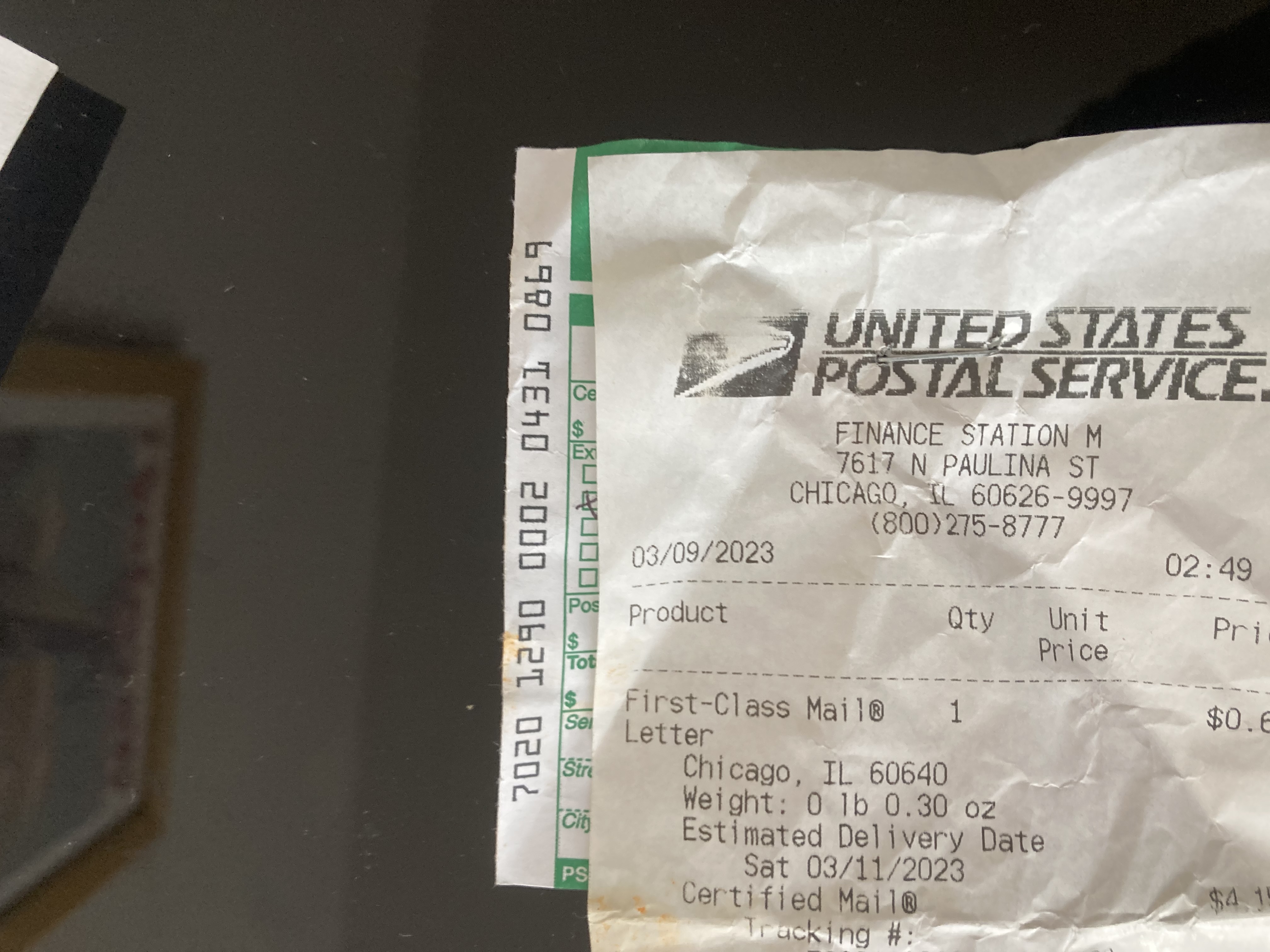- Report: #540475
Complaint Review: BOFA - Bank Of America - Internet
BOFA - Bank Of America Online Web Service Online Web Service Internet
Detrimental effects - loss of family income, late payment charges for bills, stress, loss of sleep and grey hair!!!! my wife and I don't need this!!!!!
6 Updates & Rebuttals
Karl
Highlands Ranch,Colorado,
USA
**2ND ALERT!!
#2Consumer Comment
Thu, September 01, 2011
The U.S. government raised the debt ceiling by another $2 Trillion!
Anyone can 'Google' this- DEBT CEILING DEAL REACHED TO AVERT DEFAULT (LATEST UPDATES), and read the related articles on the web.
Thank You
WELCOME TO THE U.S. GOVERNMENT- WE RAISED THE DEBT CEILING AGAIN SO WE CAN KEEP BORROWING MONEY FROM THE CHINESE IN ORDER TO KEEP THE TWO FAILED WARS GOING, AND ONCE WE TAKE CONTROL OF IRAQ & AFGHANISTAN, OUR HOPE IS THAT WE'LL BE ABLE TO PROFIT FROM THE OIL IN IRAQ AND THE TRILLIONS OF DOLLARS IN MINERALS THAT LIE BENEATH THE GROUND IN AFGHANISTAN
***MINERAL ALERT: Don't forget to 'Google' this- U.S. IDENTIFIES VAST MINERAL RICHES IN AFGHANISTAN, and read the related articles. Here's a quote from one of the articles on June 13, 2010-
"An internal Pentagon memo, for example, states that Afghanistan could become the 'Saudia Arabia of lithium', a key raw material in the manufacture of batteries for laptops and BlackBerrys."
Edgeman
Chico,California,
U.S.A.
What did your check register say?
#3Consumer Comment
Thu, December 17, 2009
The OP mentions checking his account balance online and accuses Bank of America of making him "believe there was money in the bank". The OP does not mention using a check register.
As noted many times before, online banking is not a check register nor is it intended to be used as a substitute for a check register. It simply isn't accurate enough to be used for that purpose because the system only knows the information sent by the merchants. For example, when I buy gasoline and pay at the pump, the local Chevron places a hold of $1 against my account and the actual amount will be submitted later. Another example might be a restaurant that places a hold for the cost of a meal but does not include the tip in the initial hold.
The OP should consider keeping a check register and using it diligently. This is a key step to avoiding overdraft fees.
Ronny g
North hollywood,California,
USA
While Robert and Susan make valid points...
#4Consumer Comment
Thu, December 17, 2009
...they seem to be placing ALL the blame on the customer..and FAILING to acknowledge the banks part in this...
Now of course I agree you should keep a register..and not depend on the online statement..but the reason for this is not always because of the merchant..the bank does manipulate transactions in order to collect more fees..and to make an overdraft more likely to occur.
Robert stated..."As your bank can not control when it receives debits from merchants"..
I agree this is true..but this is not always the case. As well, the bank HAS to know about a transaction every time the card is swiped..otherwise how could the transaction be approved to begin with. As a matter of fact..if the banks were not screwing it's debit card users by applying policies that were designed to protect large check payments, such as a mortgage..the debit card transaction should be declined if the funds are truly unavailable..as it used to be several years ago. Now this would save the customer from all the fees...and protect the bank in a sense since it would prevent the customer from "spending the banks money".
I also agree the online statement shouldn't be relied on...but..the bank will not tell you this until it is too late. As a matter of fact..I was just watching a movie and a BofA commercial came on TV. The commercial encouraged using the online statement..AND to use the debit card for lots of small everyday purchases..and they will even "pay" you to do so by giving to pennies with their "keep the change" campaign. Now seriously..is the bank in the business to lose money or pay us to use a debit card? Of course not. They are encouraging use in hopes of customers overdrafting so they can charge more fees..that simple. Legal yes...decieving..YES..manipulative..YES...EVIL in these trying times...YES.
So while I do agree the customer has to be responsible and keep an accurate register...many of us feel this in NO WAY excuses a BANK from using these and other TACTICS in order to fleece it's customers.
OH and BTW..you do not have to file a suit...simply choose an existing one and join in.
For example...
Consolidated, Nationwide Class Action Lawsuits Filed in Federal Court Against Bank of America, Wachovia, U.S. Bank, JPMorgan Chase and Citibank
October 20, 2009 11:00 AM Eastern Daylight Time
MIAMI--(EON: Enhanced Online News)--Marking a substantial step forward in litigation over the banking industrys abusive and excessive overdraft fee policies and practices, plaintiffs' counsel announced that bank customers have filed a series of nationwide class action lawsuits against Bank of America, Wachovia, U.S. Bank, JPMorgan Chase and Citibank. The complaints were filed in the United States District Court for the Southern District of Florida in Miami, where all federal lawsuits brought against the banking industry for abusive overdraft fees have been coordinated before the Honorable James Lawrence King.
"The collection of excessive overdraft fees, usually around $35 per transaction, impacts millions of Americans each year and has become a multibillion-dollar profit center for the banks," explained lead plaintiffs counsel Bruce S. Rogow. "In many instances, these overdraft fees cost customers hundreds of dollars in a matter of days, or even hours, when they may be overdrawn by only a few dollars. Charging a $35 overdraft fee when a college student uses her debit card to buy a cup of coffee is unconscionable."
How Bank "Overdraft Protection" Works and Why the Abusive Collection of Overdraft Fees is a National Concern
Today, when customers open checking accounts, banks provide debit cards for the withdrawal of cash from ATM machines and the purchase of goods and services. Many bank customers are not aware that as part of the process of obtaining the debit card, banks automatically enroll their customers in "overdraft protection." The overdraft protection kicks in if the customer spends more than he or she has in the account to cover the purchase, up to a limit of a few hundred dollars.
Banks could simply decline to honor customer ATM or point-of-sale transactions if the account lacks sufficient funds, or could warn customers that if they go through with the transaction an overdraft fee will be assessed. In fact, until a few years ago, most banks simply declined debit transactions that would overdraw an account.
"Banks do not record charges and purchases on ATM or debit cards in the order they actually occur," stated plaintiffs counsel Michael W. Sobol of Lieff Cabraser Heimann & Bernstein, LLP. "Instead, banks reorder the charges and purchases so that the largest charge or purchase is the first one paid by the bank. This manipulative practice is intentionally designed, the complaints allege, to maximize overdraft fee revenue."
"If you buy your kids a $15 meal at McDonalds on your debit card and your account was overdrawn, that lunch actually cost you $50," added Mr. Sobol. "The bank wont decline the debit transaction, nor will the bank tell you that you have overdrawn your account and is about to turn your $15 lunch into a $50 expense."
In 2007, banks collected more than $17 billion in overdraft fees. That number nearly doubled in 2008, as more and more consumers struggled to maintain positive checking account balances. In 2009, banks are expected to bring in up to $40 billion in overdraft charges from nearly 50 million customers.
"While all bank customers have been affected, these overdraft fee policies disproportionately affect young people, the elderly and the poor, who are most likely to maintain low account balances," noted Mr. Rogow. "Moreover, these fees have the tendency to create a domino effect, resulting in even more fees."
Further Information for Bank Customers
Bank customers assessed overdraft fees who wish to learn more about this litigation should visit www.bank-overdraft.com where they can submit their complaint to plaintiffs counsel.
Contacts
Lieff Cabraser Heimann & Bernstein, LLP
Michael W. Sobol, 415-956-1000
or
Bruce S. Rogow, 954-767-8909
Permalink: http://eon.businesswire.com/news/eon/20091020005332/en/fee/overdraft/lieff-cabraser
Karl
highlands ranch,Colorado,
U.S.A.
ALERT!!! The Government just raised the debt ceiling by another $290 BILLION!
#5Consumer Comment
Thu, December 17, 2009
Perhaps they checked their online balance against their register balance and decided that they have to 'tap into' more of the TAXPAYER'S money in order to pay for the WAR in Iraq & the WAR in Afghanistan, huh?
Susan
This City,Illinois,
USA
Sigh
#6Consumer Comment
Wed, December 16, 2009
How is it a banks fault if you spend more than you have?
Right now online it says I have X available.
What I really have available is different because I know I payed my mortgage. Before using my debit card to pay for Christmas presents for my Grandkids, I added up everything in my cart so I wouldn't bounce.
That was Monday, I checked with my mortgage company and they got their payment on Monday. As of minutes ago it still doesn't show on my banking account.
I could go spend that money right now but if I did, I would be in a mess of trouble.
Simple thing, if online says your balance is $100 and you know you spent $99, it is your responsibility to know your real balance is $1
-->
How is it a banks fault if you spend more than you have?
Right now online it says I have X available.
What I really have available is different because I know I payed my mortgage. Before using my debit card to pay for Christmas presents for my Grandkids, I added up everything in my cart so I wouldn't bounce.
That was Monday, I checked with my mortgage company and they got their payment on Monday. As of minutes ago it still doesn't show on my banking account.
I could go spend that money right now but if I did, I would be in a mess of trouble.
Simple thing, if online says your balance is $100 and you know you spent $99, it is your responsibility to know your real balance is $1
Robert
Irvine,California,
U.S.A.
When..
#7Consumer Comment
Wed, December 16, 2009
When you do file a lawsuit be sure to include a copy of YOUR register showing why your records differ from the banks. Or let me guess, while you are not very specific you actually do not keep a register. So there are a couple of possibilities that could be going on.
First, you are not keeping track of your spending by using a register. Instead of relying on on-line banking to tell you what you have spent. The problem with that is that on-line banking was NEVER meant to be the sole way to manage your account. As your bank can not control when it receives debits from merchants. If you write transactions down as you make them you know what you have in your account.
Second, you are spending money before it is truly available. This could be in the hopes that your purchase will not "hit" the account until after the deposit comes through. If so you are what is known as "floating" transactions and that is always a recipe for fees.
Yes there will be people who will come up with another option, and you will probably want to believe them because it takes the blame off of you and puts in on the "evil" bank. But in the end it will be up to you to figure out which way will actually end up saving you from over drafting in the future.







